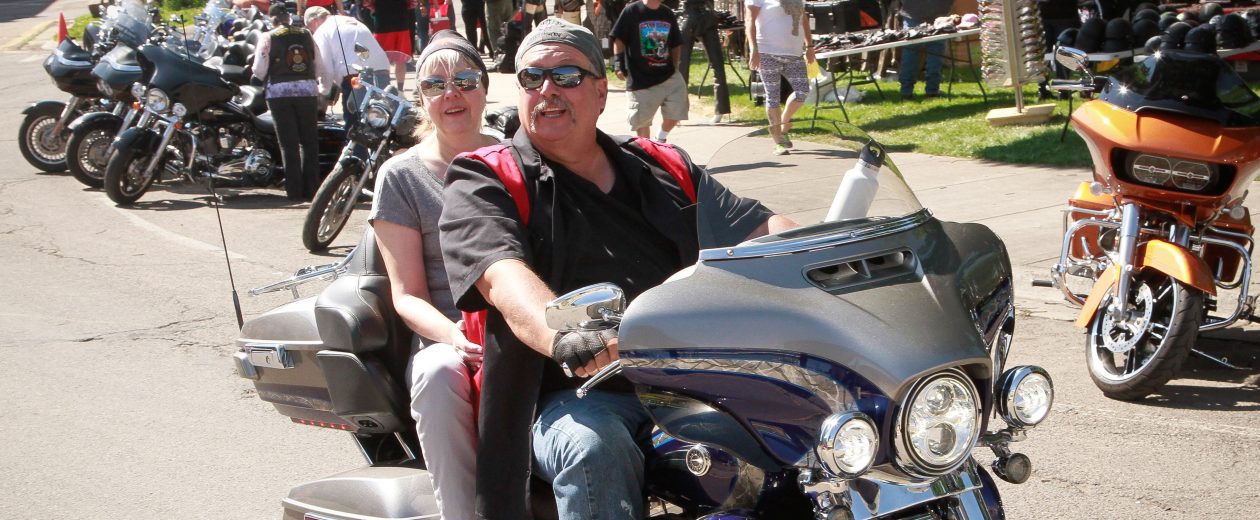Suppose that every day, 10 people –- for our purposes, we’ll say reporters -– go out for beer, and the bill for all 10 comes to $100. If these 10 reporters paid their tab every night the way we pay our taxes, it would go something like this:
The first four, the poorest, would pay nothing. The fifth would pay $1. The sixth would pay $3. The seventh would pay $7. The eighth would pay $12. The ninth would pay $18. The tenth, the richest, would pay $59. So that’s what they decided to do.
The 10 reporters drank in the bar every day and seemed quite happy with the arrangement, until one day, the bar owner threw them a curveball. “Since you’re all such good customers,” he said, “I’m going to reduce the cost of your daily beer by $20.” Drinks for the 10 reporters would now cost just $80.
The group still wanted to pay their bill the way we pay our taxes. So the first four were unaffected; they would still drink for free. But what about the other six? How could they divide the $20 windfall so that everyone would get their fair share? These are the reporters after all, so they’re concerned with fairness.
They realized that $20 divided by six is $3.33. But if they subtracted that from everybody’s share, then the fifth reporter and the sixth reporter would each end up being paid to drink beer.
So the bar owner suggested that it would be fair to reduce each man’s bill by a higher percentage the poorer he was. By doing that, he explained, they’d continue following the principle of the tax system they’d been using. So he proceeded to work out the amounts he suggested that each should pay now.
And so the fifth reporter, like the first four, now paid nothing. He got a 100 percent saving. The sixth now paid $2 instead of $3, a 33 percent saving. The seventh now paid $5 instead of $7, a 28 percent saving. The eighth now paid $9 instead of $12, a 25 percent saving. The ninth now paid $14 instead of $18, which was a 22 percent saving. And the tenth now paid $49 instead of $59, a 16 percent saving.
So each of the six was better off than before. And the first four continued to drink for free. But once outside the bar, the reporters began to compare their savings. “I only got a dollar out of the $20 saving,” declared the sixth reporter.
And she pointed to the tenth reporter, “he got $10.”
“Yes, that’s right,” exclaimed the fifth reporter. “I only saved a dollar too. It’s unfair that he received ten times more benefit than me!”
“That’s true!” shouted the seventh reporter. “Why should he get $10 back, when I got only $2? The wealthy gets all the breaks.”
“Wait a minute,” yelled the first four reporters in unison, “we didn’t get anything at all. This new tax system exploits the poor!”
The nine reporters yelled at the tenth and made him feel bad.
So the next night the tenth man didn’t show up for drinks, and the nine sat down and had their beers without him. But when it came time to pay the bill, they discovered something important. They no longer had enough money between them all to even cover half of the bill.
And that, ladies and gentlemen, is how our tax system works. The people who already pay the highest taxes will naturally benefit from a tax reduction, but not the largest percent benefit. Taxing them too much — attack them — and they might start drinking overseas, where the atmosphere is somewhat friendlier.

